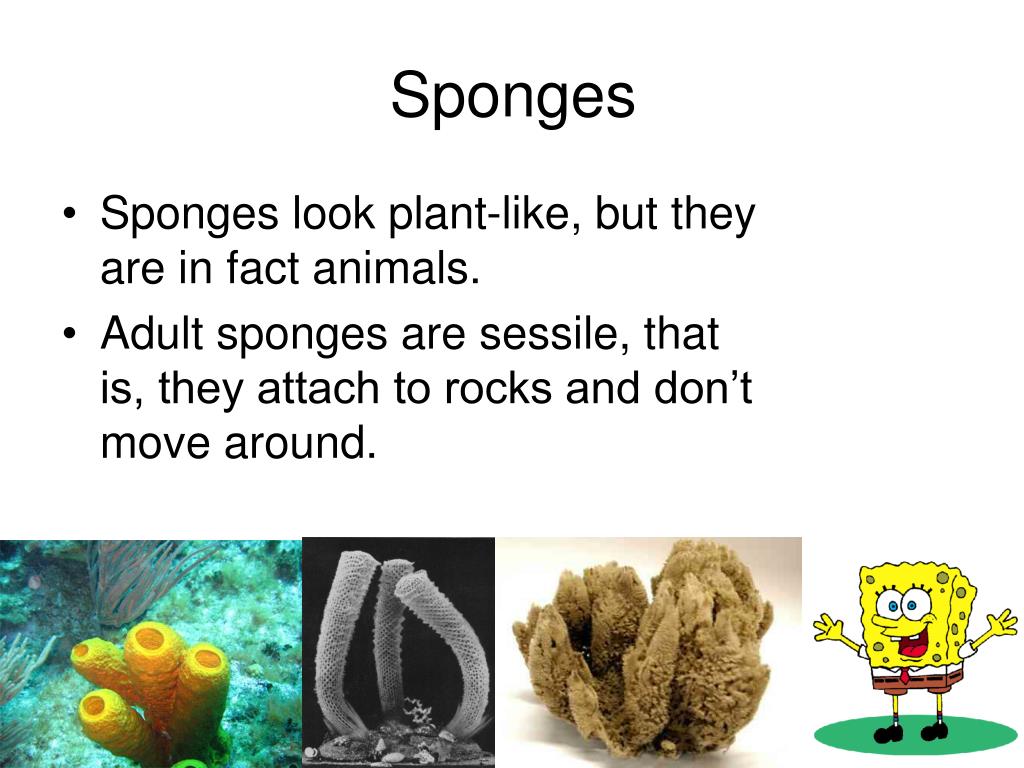
While acidification exacerbated the effect of warming in sponge species that feed on plankton, it mitigated the warming effect in species with photosynthetic symbionts.

Our experimental work showed that responses to the combined effects of ocean warming and ocean acidification vary between different types of sponges. Testing marine sponges in the laboratory. Research conducted at natural carbon dioxide vents also confirms the overall pH tolerance of many sponge species. While higher temperatures can decrease the health and survival of some sponge species, ocean acidification generally appears to have negligible effects. However, the environmental conditions projected under the most extreme scenarios (4☌ increase in temperature) had significant adverse effects in some species. All species were unaffected by moderate climate change scenarios where we increased the temperature by 1.5☌. Our work explored the tolerance of four Great Barrier Reef sponge species to ocean warming and ocean acidification levels predicted for 2100. We think sponges could be future “winners” on coral reefs. However, we have shown that many sponge species are more tolerant than corals of the impacts of climate change. Even if we manage to keep ocean warming to 1.5☌, corals will nevertheless be seriously impacted. The latest report from the Intergovernmental Panel on Climate Change suggests very different outcomes for coral reefs at a 1.5☌ or 2.0☌ increase in seawater temperature. They also maintain symbiotic partnerships with diverse communities of microorganisms that can provide them with nutrients and secondary metabolites that bolster their defence against predators and infection.

Sponges pump large quantities of water and remove bacteria, plankton and dissolved food. There, the filter feeders form a critical link between the seafloor and the overlying body of seawater. While sponges are found in shallow and deep-water environments from the tropics to the poles, they are particularly important on coral reefs. Over this long evolutionary history, sponges experienced a range of environmental conditions and have shown remarkable persistence to survive the end-Triassic mass extinction, some 200 million years ago. They are among the oldest known multicellular organisms and first appeared in the fossil record about 580 million years ago.

Marine sponges are found across the world’s oceans. How much coral has died in the Great Barrier Reef's worst bleaching event?


 0 kommentar(er)
0 kommentar(er)
